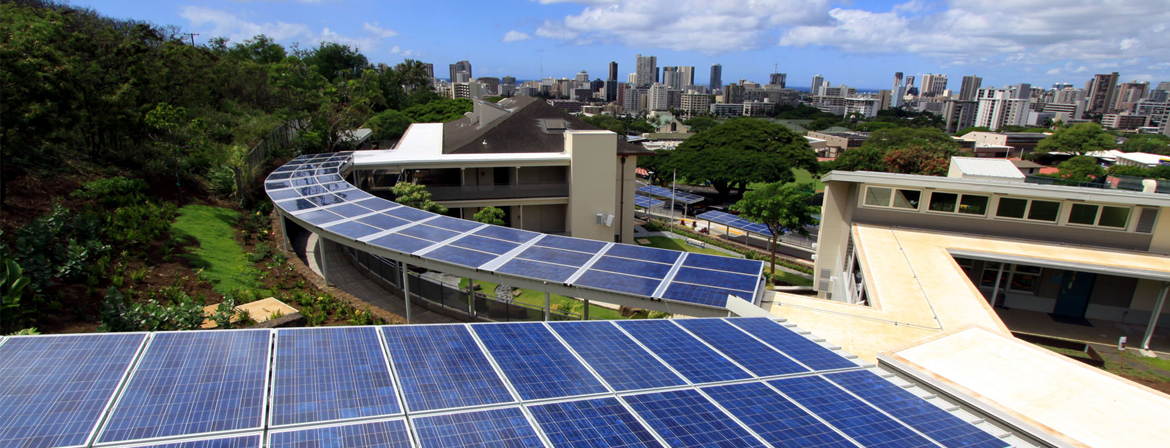Psychological or Attitudinal Factors which Influence the Introduction of Energy Conservation Technologies
Parthasarathy, R. (1989). Psychological or attitudinal factors which influence the introduction of energy conservation technologies. Abhigyan, fall, 36-47.
Evaluating Acceptability and Effectiveness of Consumer Energy Conservation Programs
Claxton, J. D., Ritchie, J. R., & McDougall, G. H. (1983). Evaluating acceptability and effectiveness of consumer energy conservation programs. Journal of Economic Psychology, 4, 1-2, 71-83.
Determinants of Responsible Environmental Behavior
Nemiroff, L. S., & McKenzie-Mohr, D. (1992). Determinants and distinguishing variables of pro-disarmament behavior and responsible environmental behavior.. Journal of Social Behavior and Personality, 7, 1, 1-24.
Public Commitment and Energy Conservation
Shippee, G. E., & Gregory, W. L. (1982). Public commitment and energy conservation. American Journal of Community Psychology, 10, 1, 81-93.
Changing Attitudes toward Energy Conservation: The Effect of Development Advancement on the Salience of One-Sided and Two-Sided Persuasive Communications
Koballa, T. R. (1984). Changing attitudes toward energy conservation: The effect of development advancement on the salience of one-sided and two-sided persuasive communications. Journal of Research in Science Teaching, 21, 6, 659-668.
Variables Associated with American High School Students' Knowledge of Environmental Issues Related to Energy and Pollution
Gambro, J. S. & Switzky, H.N. (1999). Variables associated with American high school students' knowledge of environmental issues related to energy and pollution. Journal of Environmental Education, 30, 2, 15-22.
How does Environmental Concern Influence Specific Environmentally Related Behaviors? A New Answer to an Old Question
Bamberg, S. (2003). How does environmental concern influence specific environmentally related behaviors? A new answer to an old question. Journal of Environmental Psychology, 23(1), 21-32.
Reducing Household Energy Consumption: A Qualitative and Quantitative Field Study
Brandon, G. & Lewis, A. (1999). Reducing household energy consumption: A qualitative and quantitative field study. Journal of Environmental Psychology, 19, 1, 75-85.
Innovating 'Diffusion of Innovation' theory: Innovation Characteristics the Intention of Utility Companies to Adopt Energy Conservation Interventions
Völlink, T., Meertens, R., & Midden, C. (2002). Innovating 'diffusion of innovation' theory: Innovation characteristics the intention of utility companies to adopt energy conservation interventions. Journal of Environmental Psychology, 22(4), 333-344. doi:10.1006/jevp.2001.0237.
A Dirty Word or a Dirty World? Attribute Framing, Political Affiliation, and Query Theory
Hardisty, D. J.; Johnson, E. J. & Weber, E. U. (2009). A Dirty Word or a Dirty World? Attribute Framing, Political Affiliation, and Query Theory. Psychological Science Online First, XX(X), 107.



